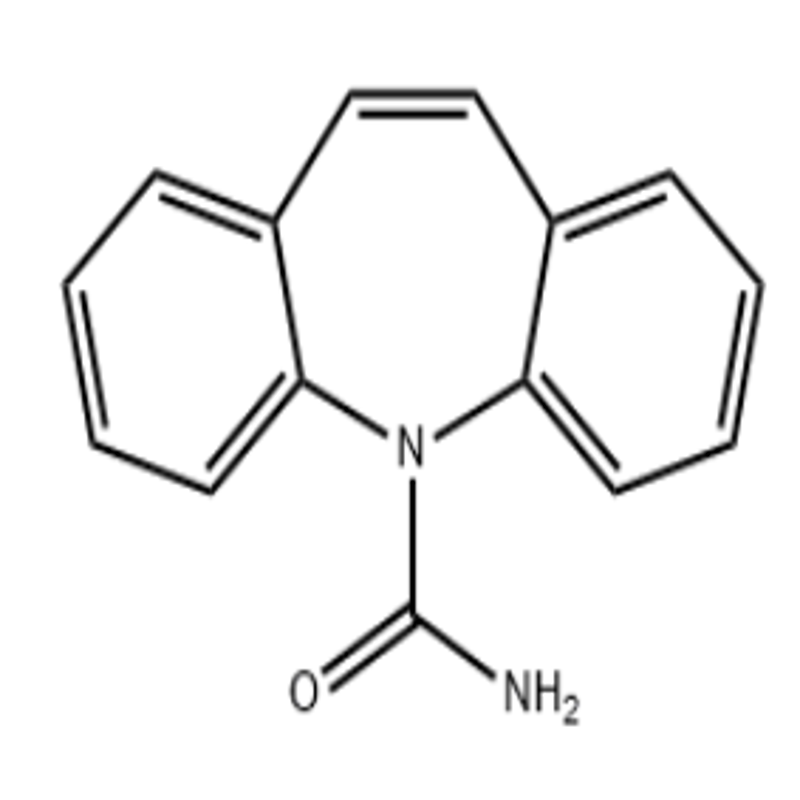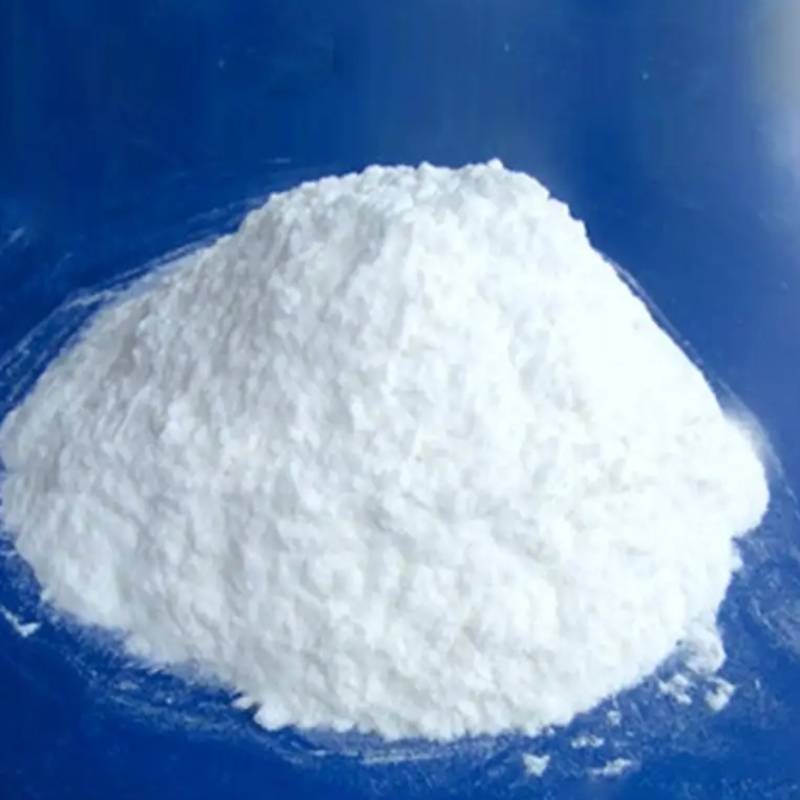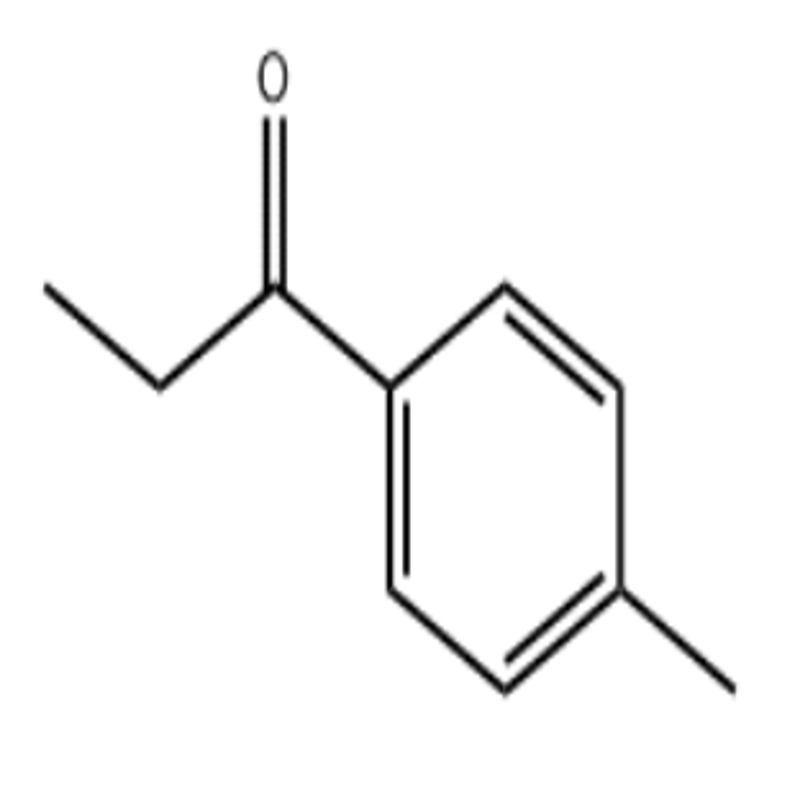-
Categories
-
Pharmaceutical Intermediates
-
Active Pharmaceutical Ingredients
-
Food Additives
- Industrial Coatings
- Agrochemicals
- Dyes and Pigments
- Surfactant
- Flavors and Fragrances
- Chemical Reagents
- Catalyst and Auxiliary
- Natural Products
- Inorganic Chemistry
-
Organic Chemistry
-
Biochemical Engineering
- Analytical Chemistry
-
Cosmetic Ingredient
- Water Treatment Chemical
-
Pharmaceutical Intermediates
Promotion
ECHEMI Mall
Wholesale
Weekly Price
Exhibition
News
-
Trade Service
Author . . . According to recent information on the website of china's National Drug Administration (NMPA) Drug Review Center (CDE), five applications for the market for innovative drugs have been included in the list of preferred review varieties, including four anti-tumor drugs: Volitinib, Avapritinib, Triprima resistance and Parmesan capsules.
Volitinivevolitini is a powerful and highly selective oral small molecule MET inhibitor, a receptor tyrosine kinase that exhibits abnormal function in many types of solid tumors.
In May this year, Volitiny's new drug market application was submitted to the NMPA and accepted for treatment of non-small cell lung cancer (NSCLC) of MET 14 exon jump, the first new drug to be marketed worldwide.
mutation is one of the rare mutations common in lung cancer patients.
1% to 3% of patients with non-small cell lung cancer have MET mutations.
However, even rare mutations, such as EGFR20 mutation, RET, ROS1, HER2 and other rare mutations have a corresponding target drug, only MET mutation, there is no effective target drug in the clinic until the success of the Volitiny clinical trial.
Wolitine is a highly selective, powerful, oral MET receptor tyrosine kinase inhibitor developed by Hutchison Whampoa Pharmaceuticals.
clinical design is as follows: sample size: 41 patients in this clinical group.
16 of these cases were lung sarcoma-like cancer patients and 25 were other types of non-small cell lung cancer patients.
, 17 of these patients received first-line treatment for Volitinini.
clinical efficacy: After evaluation, the best efficacy of 31 patients with assessable efficacy was as follows: that is, in the clinic, the control rate of patients with MET exon 14 change exceeded 90%, and the objective remission rate was 54.8%.
this data for lung cancer patients, can already be said to be very good results.
: In clinical trials, most of the participants had 1-2 side effects, mainly in nausea, elevated transaminase, edema, vomiting, etc.
of severe side effects above level 3 was 31.7%, which was under control.
for all lung cancer patients with MET14 exon jumps, Wallitini's clinical success is tantantable with capturing the last straw.
Apotheni Avapritinib is a powerful, highly specific KIT and PDGFRA mutation kinase inhibitor developed by Blueprint Medicines, which keystone Pharmaceuticals owns the exclusive development and commercial licensing of the drug in Chinese mainland and Hong Kong, Macau, China, and Taiwan, China.
In early 2020, avapritinib was approved by the U.S. FDA for the treatment of non-surgically removable or metastatic gastrointestinal mesothelioma (GIST) adult patients carrying PDGFRA exome 18 mutations, including PDGFRA D842V mutations, the first FDA-approved precision therapy for patients with specific genomic characteristics of GIST.
, published recently in The Lancet Oncology, showed that Avapritinib was used in patients with PDGFRA D842V mutant advanced gastrointestinal mesothelioma, with a total survival (OS) rate of 81% in 24 months and good tolerance.
patients with PDGFRA D842V mutantIST were included in the patients with the therapeutic analysis of the disease.
safety analysis included 82 patients, including 26 non-PDGFRA D842V mutantIST patients during the dose increment study phase.
deadline for all data to be collected is 16 November 2018.
data showed that the overall remission rate (ORR) was 88% and 9% of patients treated with the PDGFRA D842V mutantIST treated with avapritinib achieved complete remission.
Avapritinib therapy showed lasting clinical benefits in this patient population: a 70% continuous 12-month remission rate, a 12-month progression-free survival (PFS) rate of 81%, and a 24-month total survival rate of 81%.
and the overall tolerance of avapritinib is good, and most of the treatment-related adverse events (AEs) reported in the study were Level 1 or 2.
Triple monotherapy, a PD-1 monotherapy developed by Junshi Bio, was approved in China at the end of 2018 for the treatment of advanced melanoma after previous standard treatment failures.
This year, Junshi Bio submitted to the NMPA two new applications for the listing of Triprim monotherapy: one for patients with advanced nasopharyngeal cancer (NPC) who had previously received second-line and above systemic treatment failures, and the other for patients with advanced urinary trachea cancer who had previously received treatment.
nasopharyngeal cancer in China belongs to the high incidence of tumors, each year more than 60,000 new cases, accounting for more than 40% of the world's new NPC patients.
although the current early patients simple radiotherapy effect is more ideal, the five-year survival rate of more than 90%.
However, because NPC symptoms are not specific and the anatomical site is more special, nearly 70% of patients have developed a local late stage, even if the use of standard contemporaneous chemotherapy methods, its 5-year survival rate is only about 60%, equal to about 30% of patients will eventually relapse or metastasis.
POLARIS-02 is an open, II.registered study covering 17 centers nationwide, with 190 patients enrolled with advanced NPC enrolled from April 2017 to February 2019, of whom 165 were rated as effective.
Its preliminary results show that the objective remission rate of patients reached 25.5%, compared with other similar studies, both in terms of the number of patients in the group or effectiveness, reflects the clinical quality of Triprim resistance comparable to or even beyond imported products.
, PD-L1 expression-negative patients were 31 percent more efficient, while PD-L1 expression-negative patients were 23 percent more efficient.
this provides new options for follow-up treatment in patients with recurrent metastatic NPC patients with failed first-line platinum-containing chemotherapy, and also suggests the feasibility of Triprim monoanti-combination chemotherapy in patients with advanced NPC in the first line of treatment.
based on the results of the POLARIS-02 study, the approval of the adaptation certificate for the late-stage NPC for chemotherapy resistance is worth looking forward to. the
POLARIS-03 study is an open-label, multi-center, Phase II registered clinical study designed to evaluate the effectiveness and safety of Triprim monoplate (3 mg/kg, Q2W) in treating urinary tract skin cancer.
october 21, 2019, a total of 151 subjects were included in the group, and the efficacy of the population was 128.
results: 4 patients were fully relieved (CR), 25 patients were confirmed as partial remission (PR), 4 patients were unreconfirmed PR, 31 patients were disease stabilization (SD), ORR was confirmed by the study was 22.7%, and disease control rate (DCR) was 50%.
analysis of the subgroup showed that the ORR of the PD-L1 expression-positive population was 38.5% and that of the PD-L1 expression-negative population was 13.4%.
results show that Triprim monotherapy shows promising clinical efficacy and manageable safety in localized late stage or metastatic urinary tract carcinoma of chemotherapy resistance.
Pamipalipipali is a PARP1 and PARP2 inhibitor in the study of Baiji Shenzhou.
preclinical model showed that the drug had pharmacological properties such as penetrating the blood-brain barrier and PARP-DNA compound capture.
The Drug Review Center of the State Drug Administration has accepted applications for new drugs to be marketed (NDA) for patients with advanced ovarian, fallopian tube or primary peritoneal cancer who have received at least two lines of chemotherapy in the past and who have developed pathogenic or suspected pathogenic BRCA mutations.
submitted this NDA is based on the results of a 1/2 clinical trial (NCT0333915) used by Parmipa to treat patients with advanced ovarian cancer, fallopian tube cancer, primary peritoneal cancer, or advanced tricycosis breast cancer.
The critical Phase 2 portion of the trial included 113 patients in China who had previously received at least two standard chemotherapy, high-level epitome cancer with BRCA1/2 mutations (including fallopian tube cancer or primary peritoneal cancer) or high-level endometrial epitome cancer.
patients received Parmipali twice a day for oral medication at 60 mg each.
the main endpoint of the trial was objective mitigation rate (ORR) based on the solid tumor efficacy evaluation criterion RECIST 1.1.
results of the trial will be presented at a future medical conference.
than imported drugs, domestic drugs will have a more price advantage, which means that patients will have greatly increased access to drugs, helping Chinese cancer patients to reduce the burden of treatment.
we look forward to the successful adoption of these new domestically produced drugs and the early benefit of more patients.
source: 1. Retrieved July 06, 2020, from Recombinant Humanized Anti-PD-1 Monoclonal Antibody Toripalimab (JS001) in patients with refractory/metastatic nasopharyngeal carcinoma: Interim results of the a phase II clinical STUDY POLARIS-02. 2019 ASCO, abs6017. 3. Recombinant Humanized Anti-PD-1 Monoclonal Antibody toripalimab in patients with metastatic urothelial carcinoma: Preliminary results of the causes of the an open-label phase II study clinical POLARIS-03.







